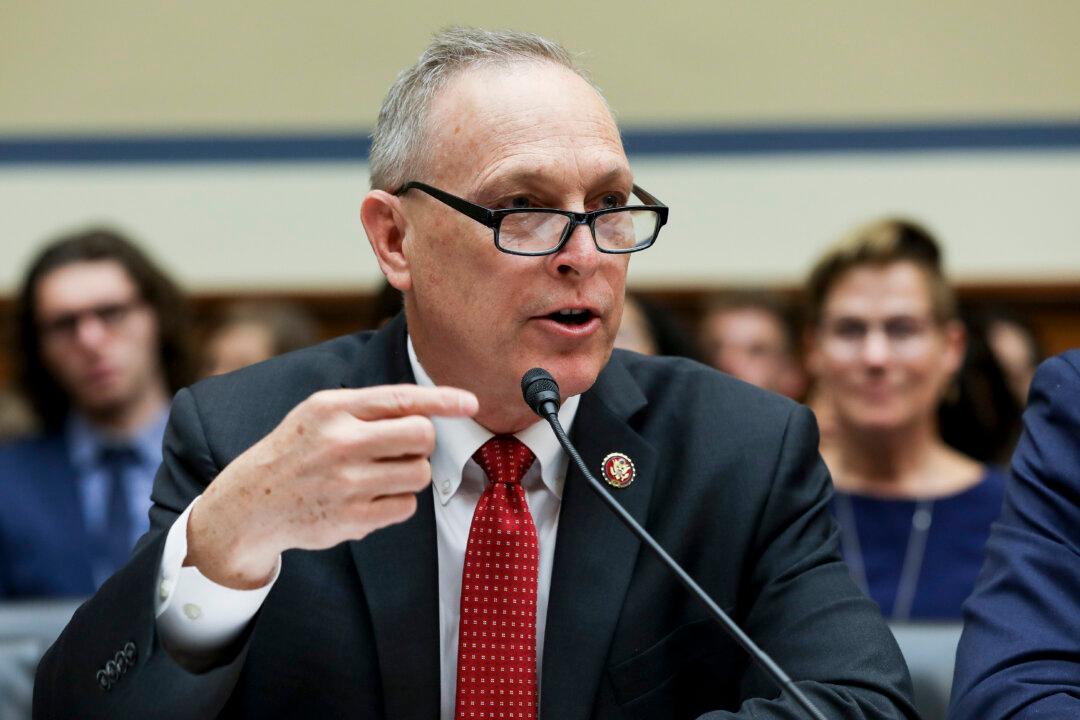“[Russia’s] collusion with the Trump campaign was proven to be not real at all. But we have neglected the notion that China has also been an active player and has some interest in infiltrating our election systems and compromising our election integrity,” Biggs told NTD, an affiliate of The Epoch Times, on March 22.
The lawmaker characterized the economic relationship between the United States and China as “so vast, so broad, so deep” that it presents opportunities for foreign bad actors to infiltrate various economic, social, and political networks within the country.
“When we talk about Russian infiltration, it would be comparatively small, compared to the CCP. And the reason is, there’s just a so much larger network of interconnectivity between the United States and our institutions, including our economic institutions, and China,” Biggs said.
To alleviate what he sees as an excessive level of U.S. dependence on China, Biggs advocated a “repatriation” of U.S. economic institutions, corporations, and manufacturing networks that are either situated in or closely tied up with China. He also praised former President Donald Trump for attempting to curb American dependency on China.
“That really is something that I think President Trump was trying very hard to do,” the lawmaker said.
Biggs went on to describe the benefits of decoupling from China as essentially twofold.
Such a move bolsters U.S. self-sufficiency, whose shortcomings were “greatly exposed” during the pandemic, where American reliance on Chinese manufacturing was thrown into sharp relief. The further benefit is the forceful message that economic independence conveys to the leaders of the CCP.
“I’m never a big believer in intervention internationally, but I do [believe in it] when another nation is interfering in domestic politics. I do think that we have a responsibility to an American First foreign policy which actually would be beneficial to ... citizens of China,” he concluded.






